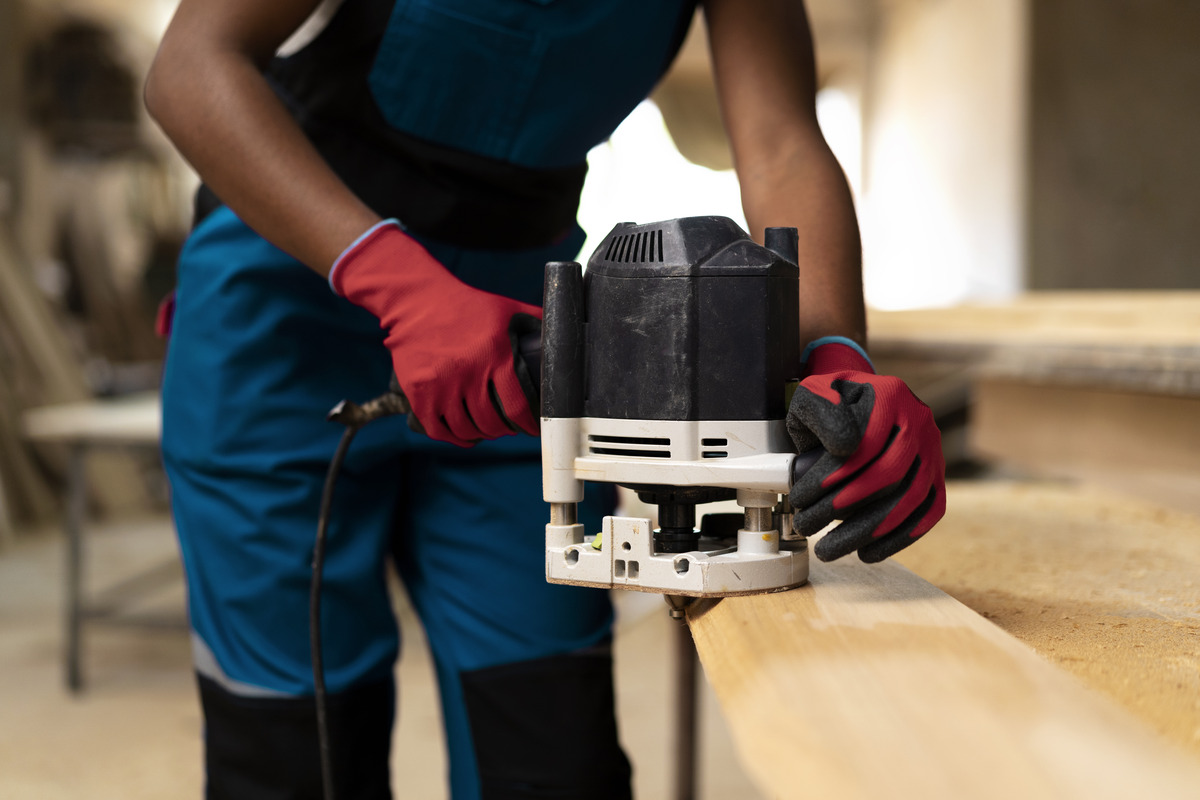“Clean Oil, Strong Engine: Why Your Oil Filter Matters More Than You Think” 🛢️⚙️
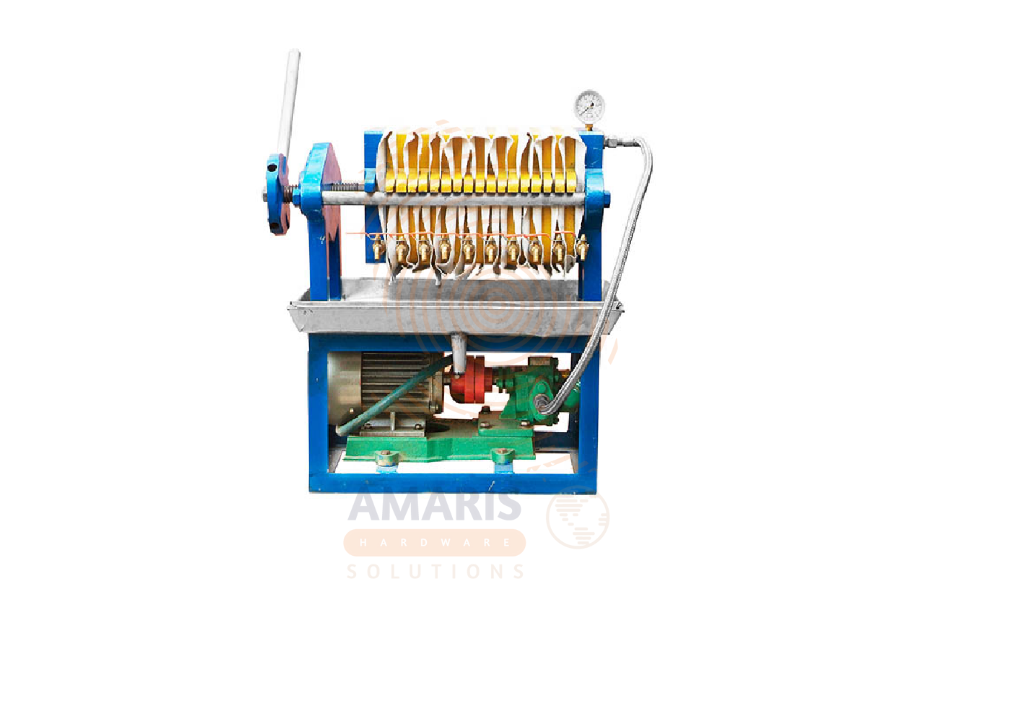
When it comes to keeping your engine in top shape, there’s one unsung hero working behind the scenes—the oil filter. It’s not big, flashy, or complicated, but without it, your engine wouldn’t stand a chance against wear, dirt, and sludge.
At Amaris Hardware Solutions, we’ve seen firsthand how a good oil filter can mean the difference between a smooth-running engine and a costly repair bill. Whether you’re a DIY mechanic or a fleet manager, understanding your oil filter’s role is key to keeping your machine healthy.
What is an Oil Filter? 🛠️
Simply put, an oil filter is a small canister—usually made of metal—that traps dirt, metal particles, and other impurities in your engine oil. As the oil circulates through the engine, it passes through the filter media, which catches harmful contaminants while allowing clean oil to keep moving.
It’s a bit like a coffee filter—catching the grounds while letting the good stuff through—except in this case, “good stuff” is clean oil that keeps your engine lubricated.
Why It’s So Important 💡
Oil is the lifeblood of your engine. Without it, metal parts grind together, creating heat and damage. But over time, oil picks up microscopic metal shavings, soot, and dust. That’s where your oil filter comes in—it’s the barrier that keeps your oil clean, preventing premature wear.
Without it, you’re basically asking your engine to run on sandpaper.
Where Oil Filters Are Used 🚗🚜🛠️
Oil filters are found in:
- Cars & Trucks – Protecting engines from daily wear.
- Motorcycles – Keeping small, high-performance engines healthy.
- Construction Equipment – Shielding engines in dusty, dirty conditions.
- Generators – Ensuring reliable performance during long runs.
- Agricultural Machinery – Keeping tractors and harvesters running strong.
Types of Oil Filters 🔍
- Spin-On Filters – The most common type, quick and easy to replace.
- Cartridge Filters – Eco-friendly and found in many newer vehicles.
- Magnetic Filters – Capture metal particles with built-in magnets.
- Bypass Filters – Provide extra filtration for heavy-duty use.
Signs Your Oil Filter Needs Replacement ⚠️
- Engine Overheating – Dirty oil causes friction and heat.
- Low Oil Pressure – A clogged filter can block oil flow.
- Noisy Engine – Metal parts start grinding when lubrication is poor.
- Dirty Exhaust Smoke – Excess contaminants burning off in the engine.
If you spot these symptoms, it’s time for a replacement.
How Often Should You Change It? ⏳
As a general rule, every time you change your oil, you should replace your oil filter. For most vehicles, that’s every 5,000 to 10,000 km, but heavy-duty machinery might need more frequent changes.
Pro Tips for Oil Filter Replacement 🧰
- Use the Right Size – The wrong filter can cause leaks or poor oil flow.
- Oil the Seal – A thin coat of fresh oil on the rubber gasket helps create a good seal.
- Don’t Over-Tighten – Hand-tight is usually enough for spin-on filters.
- Dispose Responsibly – Used filters contain oil, so recycle them properly.
Why Choose Ours? 🏬
At Amaris Hardware Solutions, our oil filters are:
- High-Efficiency – Trap more contaminants without restricting oil flow.
- Durable – Built to handle high pressure and extreme conditions.
- Compatible – Available for a wide range of vehicles and machinery.
Whether it’s for your car, tractor, or generator, we’ve got the right filter for the job.
The Bottom Line ✨
An oil filter may be small, but it’s a crucial line of defense for your engine. Change it regularly, choose a quality brand, and your engine will reward you with smooth, reliable performance for years to come.
So next time you’re picking up oil for your machine, don’t forget the filter—because clean oil is only as good as the filter keeping it that way.


 Acrylic Sealants
Acrylic Sealants Construction Adhesives
Construction Adhesives Double-Sided Tape
Double-Sided Tape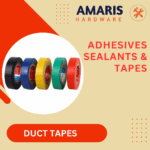 Duct Tape
Duct Tape Electrical Tape
Electrical Tape Epoxy & Resins
Epoxy & Resins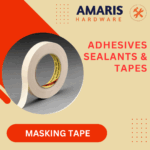 Masking Tape
Masking Tape
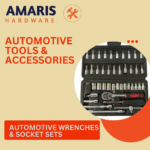 Automotive Wrenches & Socket Sets
Automotive Wrenches & Socket Sets Battery Chargers & Jump Starters
Battery Chargers & Jump Starters Car Jacks & Stands
Car Jacks & Stands Car Wash & Detailing Products
Car Wash & Detailing Products Diagnostic Tools
Diagnostic Tools Tire Inflators
Tire Inflators Vehicle Lighting
Vehicle Lighting Oil & Lubricants
Oil & Lubricants
 Adhesives & Sealants
Adhesives & Sealants Bricks & Blocks
Bricks & Blocks Cement & Concrete
Cement & Concrete Drywall & Plaster
Drywall & Plaster Flooring (Tiles, Wood, Laminate)
Flooring (Tiles, Wood, Laminate) Lumber & Plywood
Lumber & Plywood Paints, Primers & Coatings
Paints, Primers & Coatings Insulation Materials
Insulation Materials Roofing Materials
Roofing Materials
 Circuit Breakers
Circuit Breakers Electrical Cables & Wires
Electrical Cables & Wires Switches & Sockets
Switches & Sockets Fuses & Relays
Fuses & Relays Connectors & Terminals
Connectors & Terminals Electrical Boxes & Panels
Electrical Boxes & Panels Conduit & Fittings
Conduit & Fittings Lighting Fixtures & Bulbs
Lighting Fixtures & Bulbs Extension Cords & Power Strips
Extension Cords & Power Strips
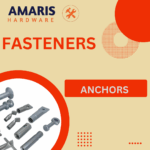 Anchors
Anchors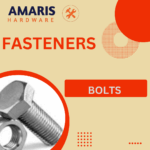 Bolts
Bolts Clips & Clamps
Clips & Clamps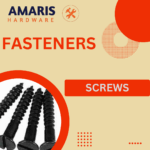 Screws
Screws Nuts
Nuts Washers
Washers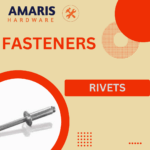 Rivets
Rivets Nails
Nails Threaded Rods
Threaded Rods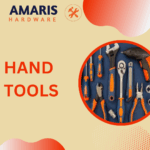
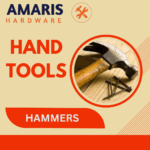 Hammers
Hammers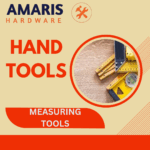 Measuring Tools (Tapes, Levels, Calipers)
Measuring Tools (Tapes, Levels, Calipers)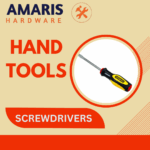 Screwdrivers
Screwdrivers Pliers & Cutters
Pliers & Cutters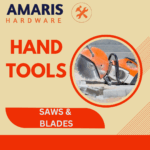 Saws & Blades
Saws & Blades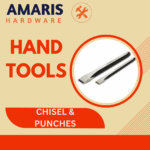 Chisels & Punches
Chisels & Punches Allen Keys & Hex Keys
Allen Keys & Hex Keys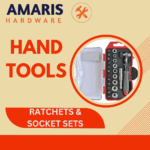 Ratchets & Socket Sets
Ratchets & Socket Sets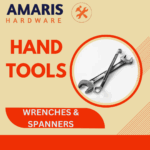 Wrenches & Spanners
Wrenches & Spanners
 Power Tool Accessories (Blades, Bits, Discs)
Power Tool Accessories (Blades, Bits, Discs) Rotary Tools
Rotary Tools Saws (Circular, Jigsaw, Reciprocating)
Saws (Circular, Jigsaw, Reciprocating) Drills & Drivers
Drills & Drivers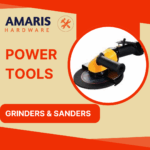 Grinders & Sanders
Grinders & Sanders Heat Guns
Heat Guns Nail Guns
Nail Guns Impact Wrenches
Impact Wrenches Batteries & Chargers
Batteries & Chargers
 Pipes & Fittings (PVC, Copper, PEX)
Pipes & Fittings (PVC, Copper, PEX) Plumbing Tools
Plumbing Tools Pumps & Motors
Pumps & Motors Sealants & Adhesives for Plumbing
Sealants & Adhesives for Plumbing Valves & Taps
Valves & Taps Water Heaters
Water Heaters Drainage Systems
Drainage Systems Faucets & Fixtures
Faucets & Fixtures Hoses & Tubing
Hoses & Tubing
 Hinges & Latches
Hinges & Latches Hooks & Brackets
Hooks & Brackets Window Hardware
Window Hardware Chains & Cables
Chains & Cables Casters & Wheels
Casters & Wheels Shelving & Storage Systems
Shelving & Storage Systems Door Handles & Locks
Door Handles & Locks Drawer Slides & Cabinet Hardware
Drawer Slides & Cabinet Hardware
 Personal Protective Equipment (PPE)
Personal Protective Equipment (PPE) Respirators & Masks
Respirators & Masks Safety Glasses
Safety Glasses Safes
Safes Security Cameras
Security Cameras Gloves
Gloves Helmets
Helmets Ear Protection
Ear Protection Fire Safety Equipment
Fire Safety Equipment Locks & Padlocks
Locks & Padlocks Motion Sensors & Alarms
Motion Sensors & Alarms
 Garden Fencing
Garden Fencing Garden Furniture Hardware
Garden Furniture Hardware Lawn Mowers
Lawn Mowers Trimmers & Edgers
Trimmers & Edgers Shovels & Spades
Shovels & Spades Rakes & Hoes
Rakes & Hoes Pruning Shears & Loppers
Pruning Shears & Loppers Watering Systems (Hoses, Sprinklers, Nozzles)
Watering Systems (Hoses, Sprinklers, Nozzles)
 Interior Paints
Interior Paints Paint Brushes & Rollers
Paint Brushes & Rollers Paint Strippers & Thinners
Paint Strippers & Thinners Paint Trays & Accessories
Paint Trays & Accessories Exterior Paints
Exterior Paints Spray Paints
Spray Paints Primers & Undercoats
Primers & Undercoats Varnishes & Stains
Varnishes & Stains
 Gaskets & Seals
Gaskets & Seals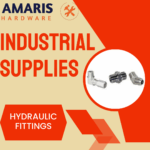 Hydraulic Fittings
Hydraulic Fittings Industrial Fasteners
Industrial Fasteners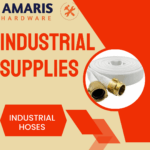 Industrial Hoses
Industrial Hoses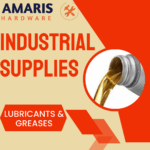 Lubricants & Greases
Lubricants & Greases Metal Sheets & Bars
Metal Sheets & Bars Bearings & Bushings
Bearings & Bushings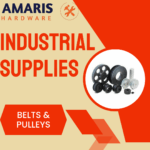 Belts & Pulleys
Belts & Pulleys
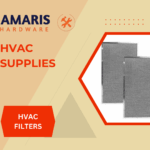 HVAC Filters
HVAC Filters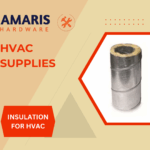 Insulation for HVAC
Insulation for HVAC Air Conditioners
Air Conditioners Refrigerants
Refrigerants Ventilation Ducts & Fittings
Ventilation Ducts & Fittings Thermostats & Controllers
Thermostats & Controllers Fans & Blowers
Fans & Blowers
 Pegboards & Hooks
Pegboards & Hooks Shelving Units
Shelving Units Storage Bins & Containers
Storage Bins & Containers Toolboxes & Tool Chests
Toolboxes & Tool Chests Workbenches
Workbenches Drawer Organizers
Drawer Organizers Labeling Supplies
Labeling Supplies
 Welding Accessories (Clamps, Brushes)
Welding Accessories (Clamps, Brushes) Welding Electrodes & Rods
Welding Electrodes & Rods Welding Helmets & Gloves
Welding Helmets & Gloves Welding Machines
Welding Machines Soldering Irons & Stations
Soldering Irons & Stations Flux & Solder Wire
Flux & Solder Wire
 Generator Accessories
Generator Accessories Inverters
Inverters Portable Generators
Portable Generators Power Inverters
Power Inverters Transfer Switches
Transfer Switches Diesel & Gasoline Generators
Diesel & Gasoline Generators
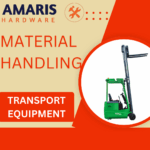 Transport Equipment: Carts, Dollies, and Hand Trucks
Transport Equipment: Carts, Dollies, and Hand Trucks Storage Solutions: Pallets, Racks, and Containers
Storage Solutions: Pallets, Racks, and Containers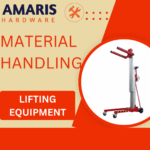 Lifting Equipment: Hoists, Cranes, and Jacks
Lifting Equipment: Hoists, Cranes, and Jacks Conveyors & Accessories: Belts & Rollers
Conveyors & Accessories: Belts & Rollers
 Office Chairs
Office Chairs